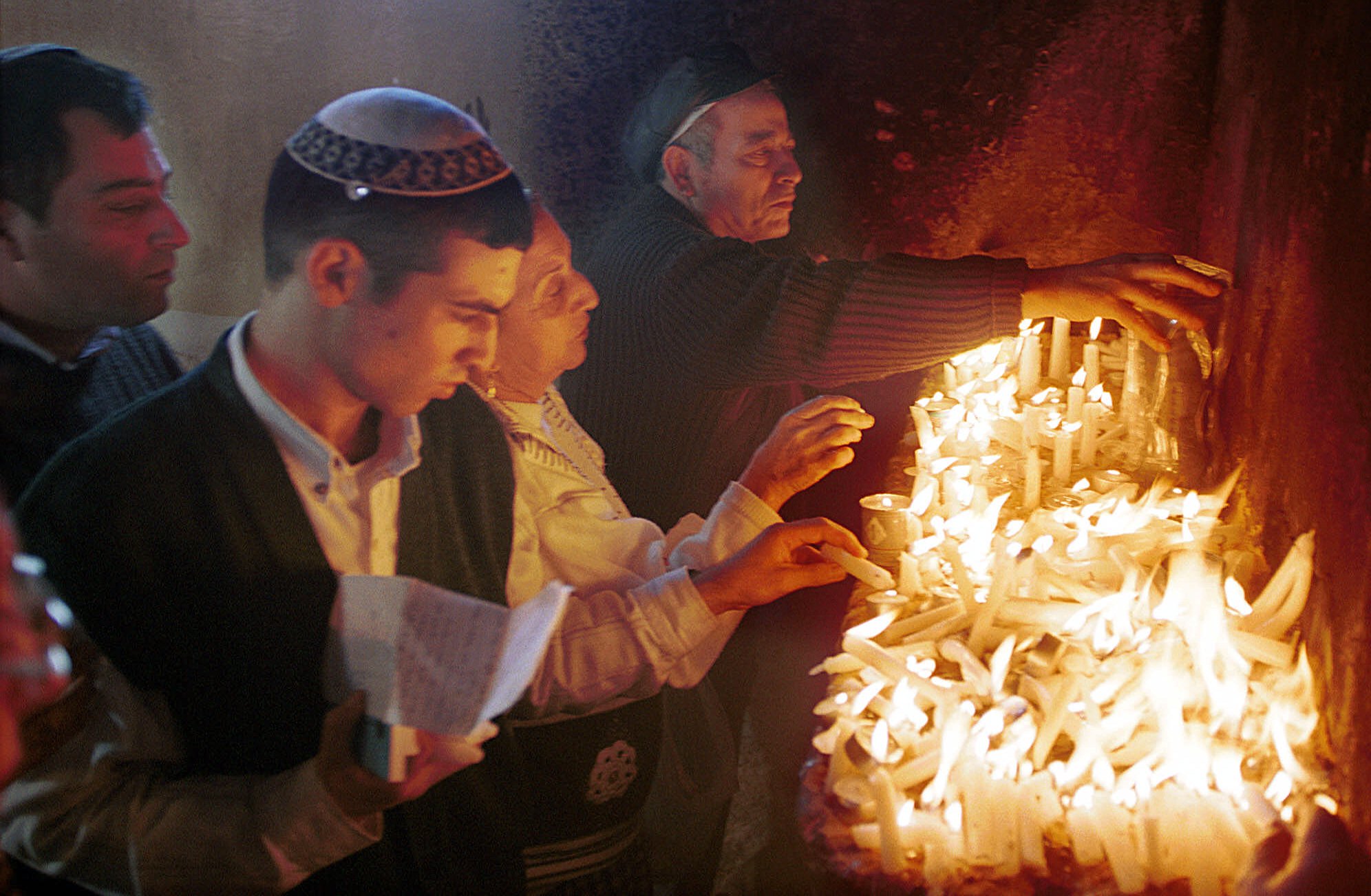
Egypt’s Supreme Administrative Court upheld earlier today a controversial ruling issued by the Alexandria Administrative Court in 2014, which banned the annual celebrations of a Jewish festival marking the birth of 19th century Moroccan rabbi Yaakov Abuhatzeira, BBC reports.
The Supreme Administrative Court’s decision came after considering, and ultimately rejecting, an appeal by the Egyptian government challenging the 2014 Alexandria Administrative Court ruling.
The Abuhatzeira festival has drawn hundreds of Jewish pilgrims from across the Middle East, namely Israel and Morocco, to the Nile Delta city of Damanhour, where the rabbi’s shrine has been.
In addition to banning the festival, citing “moral offenses”—following reports and complaints of alcohol consumption and gender intermingling by residents, the 2014 ruling delisted the shrine from Egypt’s Coptic and Islamic heritage sites.
The Alexandria Administrative Court also rejected in 2014 a request to transfer Abuhatzeira’s remains to Israel, explaining that Islam is a tolerant religion that affords all followers of Abrahamic faiths in Egypt dignity and equal rights, which would be undermined by exhuming the rabbi’s remains.
The Alexandrian court further explained the rationale behind the ruling citing international law, saying that transferring the Jewish scholar’s remains to Israel would constitute an acknowledgment and recognition of Israel’s sovereignty over occupied Palestinian lands, according to Al Ahram.







Comments (2)
[…] Egypt Upholds Court Order to Ban Jewish Festival of 19th Century Rabbi Yaakov Abuhatzeira […]
[…] Egypt Upholds Court Order to Ban Jewish Festival of 19th Century Rabbi Yaakov Abuhatzeira […]